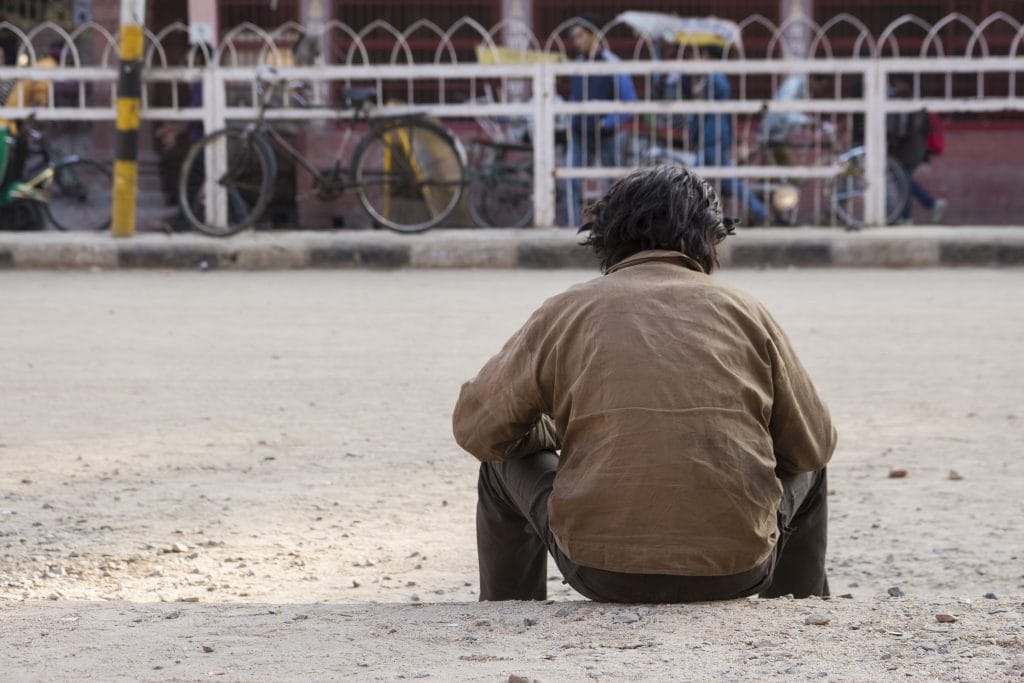
In 36 psychiatric hospitals across 24 states, thousands of Indians continue to stay even after reporting positive treatment outcomes according to a recent report published in The Times of India.
This is what a petition filed before the Supreme Court by advocate Guarav Kumar Bansal alleges. “Holding [patients] indefinitely in the hospital amounts to illegal detention,” he argues, asserting that this ‘detention’ prevents the relevant authorities from fulfilling their duty to assist those affected by mental health issues integrate into society. Activists cite the Mental Healthcare Act, 2017, which brought about a plethora of key changes and reforms in how mental health is addressed in India.
Among the reforms of the Act included the decriminalisation of suicide; illegalisation of electroconvulsive therapy being applied to minors; and guaranteeing patients the right to be treated with dignity and to have an ‘advance directive’ in place on what shape their treatment takes. The then-Union Health Minister J. P. Nadda described the law at the time as “patient-centric” and argued that it “empowers the individual.” Yet there are continued issues surrounding mental healthcare in India and the intended empowerment of individuals seems to have been undercut, if the reports of so-called ‘illegal detention’ of individuals in psychiatric hospitals is anything to go by.
According to the Times of India report, mental health review boards (MHRB) have only been established in two states in order to review the cases of those interned in mental healthcare facilities. A mere handful of states have commenced the process of actively integrating individuals affected by mental health issues into civil society following institutionalisation.

One senior psychiatrist quoted in The Times of India said “it is two and a half years since the Act came into force and there is no sign of anything happening. If MHRBs, which mandatorily include civil society, a person with mental illness and/or caregivers, had been constituted, they would have insisted on community rehabilitation plans for the patients who didn’t need hospitalisation. Under what provision are thousands of patients being kept in hospitals? For all practical purposes, they are being illegally detained and it is a civil rights issue.”
The Supreme Court has taken cognisance of similar issues in the past, The Times of India notes. In February 2017, the apex legal body informed the Government ahead of the passage of the Act that “[patients] have to be brought back to civil society” once successfully rehabilitated. Yet the absence of mental health review boards and community-based structures for mental health support in several states has resulted in more than 36 percent of individuals in psychiatric hospitals having been there for one year or more.
Mental health issues affect one in seven Indians, with 197 million affected by conditions including depression, anxiety disorders, schizophrenia, bipolar disorders, idiopathic developmental intellectual disability, conduct disorders, and autism. Yet there is a sizeable treatment gap in India, pinpointed by the Union Ministry of Health and Family Welfare last year at between fifty and seventy percent. Inadequacies in the mental healthcare infrastructure can facilitate issues such as individuals continuing to stay in psychiatric hospitals where they may not need to. This represents an ineffective dispersion of resources, only furthering the treatment gap and obstructing the path to fair, effective, and dignified treatment for those affected by mental health issues – which, it is worth noting, is guaranteed by law.
Contact details for mental health support in India can be accessed here.
If you are suicidal or experiencing suicidal thoughts, visit your nearest hospital or contact AASRA on 91-22-27546669 or Sneha India on 91 44 24640050 helpline. A list of other suicide helplines can be accessed here.

